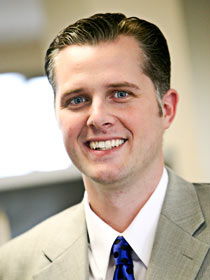A Senate bill, introduced by Senator Charles Grassley (R, Iowa), is looking to trim Medicare fraud. In the process, physician billing data would be published online, irking doctor privacy advocates.
The bill would allow people to see how much doctors earn each year from the program. The data has been kept private by a court ruling for more than 30 years. Lawmakers are looking to lift the ban in order to bring Medicare billing data public in an effort to prevent fraud.
The measure was presented to a Senate Finance Committee hearing on Medicare and Medicaid fraud on March 2, 2011. Part of the bill’s requirements would be that the Deptartment of Health and Human Services starts to publish Medicare claims and payment data on the website USAspending.gov by the end of 2012.
According to Senator Grassley, making the data public could save billions each year in taxpayer dollars.
"More transparency about billing and payments increases public understanding of where tax dollars go," Grassley said. "The bad actors might be dissuaded if they knew their actions were subject to the light of day."
Oregon Senator Ron Wyden (D) has said that he is drafting his own legislation that would make Medicare claims data available to the public.
On the other side of the argument you have the American Medical Association who says that only bad can come from publicizing the records and that those who monitor fraud already have access.
"Releasing Medicare claims data to the public does not further the goal of combating fraud, as those tasked with this responsibility already have access to the data," said Ardis Dee Hoven, MD, chair of the AMA Board of Trustees.
 Hi There! My name is Chris Phillips and I am the President of MBA Medical Business Associates, a medical practice management company specializing in
Hi There! My name is Chris Phillips and I am the President of MBA Medical Business Associates, a medical practice management company specializing in